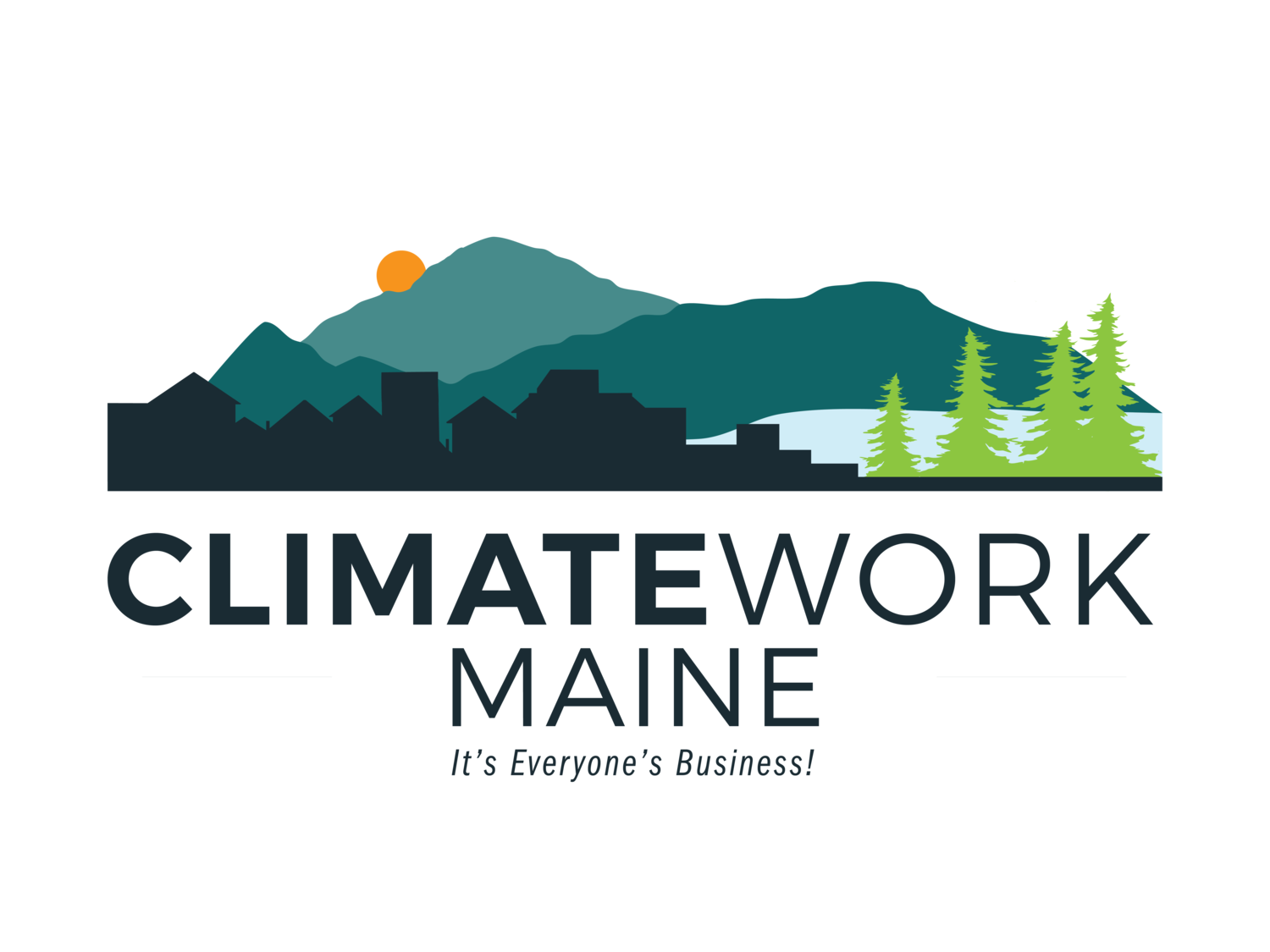Businesses can build sustainably despite D.C. chaos | Opinion
By Jeff Marks, Executive Director of ClimateWork Maine
Clarity. Certainty. Stability.
That’s what businesses need to grow — and that’s what’s being undermined by federal policy shifts and inaction. Federal clean energy incentives are being cut and tax credits eviscerated. Climate mitigation and adaptation programs are being phased out. Science and environmental safeguards are under attack.
As a corporate D.C. lobbyist during the noughties, I saw policy priorities come and go with every election, but these three little words were baked into every talking point, press release and policy pitch. In a business context, clear laws and regulations instill certainty, confidence and predictability that lead to stable financial conditions, all of which are crucial for making informed decisions and investments.
These bedrocks of business planning are being tested like never before by political mayhem, relentless executive orders and an elevated trade war with more losers than benefits. However, despite politicians trying to disrupt the economic world order, and too many executives and billionaires either leading the charge or staying under cover to avoid the bullets, most U.S. businesses retain these principles at their core to better recognize economic trends, influence consumer behavior and counter competitor activity. Businesses that invest in innovation and adapt to changing market conditions are better positioned to thrive in uncertain times like these, and beyond.
In this world of political chaos and disruption, businesses must embrace a fourth tenet to survive and remain not only economically viable, but profitable and successful. Over the past decade, “sustainability” has graduated from a corporate buzzword to a necessary long-term strategy. I’m not talking just environmental and social sustainability, although both are increasingly important. I’m also talking about economic sustainability.
Economic sustainability ensures a business can withstand short-term market fluctuations and future uncertainties to be resilient and profitable over the long term. Profit should not completely overshadow the environmental and social practices, as a business cannot thrive if natural and human resources are left behind. But a company that instills economic, environmental and social sustainability into its operations, products, service and projects will unlock abundant business advantages.
Operational advantages include improved energy efficiency, waste and water reduction and cleaner vehicle fleets that reduce costs and enrich the bottom line. Sales advantages included enhanced brand reputation and customer loyalty with consumers willing to change their purchasing habits to reduce environmental impact. Investment advantages include better risk planning and management portfolios. Human advantages include more productive and loyal employees.
Where do clarity, certainty, stability and sustainability fit in today’s political climate?
First, when we engage with businesses, policymakers and other decision makers on energy and climate issues, we need to lead with solutions that benefit both the economy and the environment and make that link crystal clear in our communications and strategies. Otherwise, we end up with “big beautiful bills,” such as the mess that recently emerged from the U.S. House of Representatives.
At a business forum I hosted after President Trump’s first election win in 20216, a top energy lobbyist assured the audience, “For those concerned, don’t panic. For those excited, don’t get too euphoric.” The world was already on an irreversible path to cleaner energy and more sustainable business practices. While federal policy may slow the momentum, the progress will continue. After recent environmental rollbacks and energy incentive raids, I might add, “For those motivated, don’t stop!” American businesses are at the forefront of technology and innovation — they are motivated and will not stop.
Second, look to the stats and trends. American consumers are willing to pay, on average, 11% more for sustainable products. Seventy-five percent of executives believe sustainability drives better business results. For every 10% increase in emphasis on material ESG (environment, social, governance) concerns, a company’s value goes up by 1.4%.
Third, after the COVID-19 pandemic, a mere dress-rehearsal for climate change impacts, businesses intensified their efforts to save and make money in a future carbon-constrained economy. Despite congressional efforts to hide and insulate America from world trade, global action will proceed and American companies will need to do more than keep up — they will need to lead.
If we create a sound sustainability business model, and build a movement with all types, sizes and geographic locations of companies with community leaders of all political persuasions, we can make true progress, no matter who sits in the White House or Congress. Rather than assuming a “none of my business” approach to climate and the economy, sustainability helps carve a clear, certain and stable path that can be everyone’s business.
